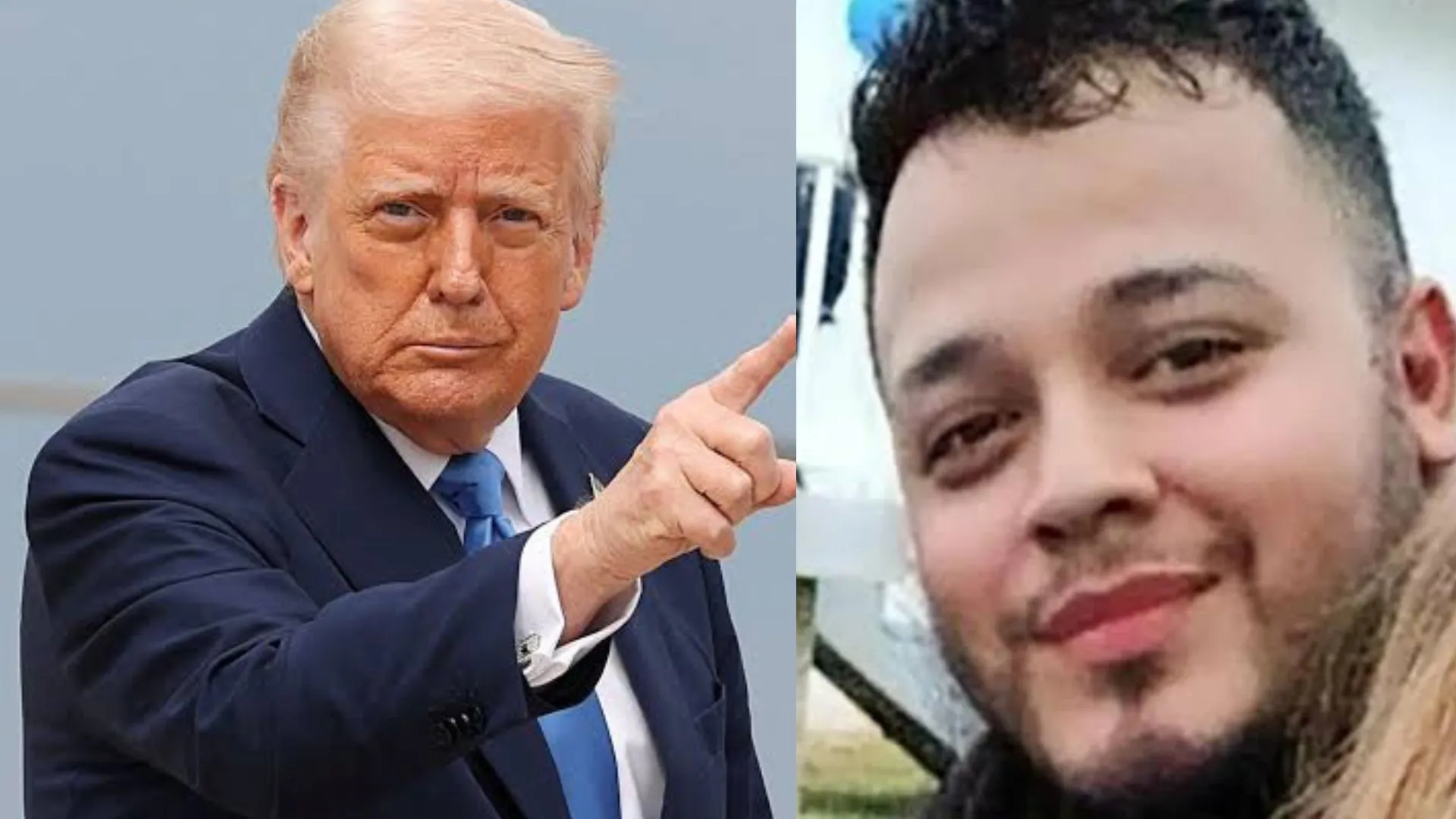From former President Barack Obama to ex-German Chancellor Angela Merkel, world leaders have written in their memoirs their thoughts about their encounters with the late former Prime Minister Manmohan Singh. While Obama highlighted Singh’s pivotal role in transitioning India into a market-based economy through the 1991 liberalisation efforts, Merkel shared how Singh helped her understand the perspective of developing economies.
What Has Obama Written In His Memoir?
Crediting Singh with the “modernisation of his nation’s economy,” Obama described Singh as “a gentle, soft-spoken economist” with a “white beard and a turban that were the marks of his Sikh faith but to the Western eye lent him the air of a holy man.”
During his tenure as Finance Minister in the 1990s, Singh managed to lift millions of people out of poverty. Obama writes, “For the duration of his tenure as prime minister, I would find Singh to be wise, thoughtful, and scrupulously honest.”
Reflecting on Singh’s role in transitioning India into a market-based economy, Obama wrote, “The transition to a more market-based economy in the 1990s had unleashed the extraordinary entrepreneurial talents of the Indian people—leading to soaring growth rates, a thriving high-tech sector, and a steadily expanding middle class.”
As a chief architect of India’s economic transformation, Singh “seemed like a fitting emblem of this progress: a member of the tiny, often persecuted Sikh religious minority who’d risen to the highest office in the land, and a self-effacing technocrat who’d won people’s trust not by appealing to their passions but by bringing about higher living standards and maintaining a well-earned reputation for not being corrupt.”
On his personal relationship with Singh, Obama writes, “Singh and I had developed a warm and productive relationship. While he could be cautious in foreign policy, unwilling to get out too far ahead of an Indian bureaucracy that was historically suspicious of U.S. intentions, our time together confirmed my initial impression of him as a man of uncommon wisdom and decency; and during my visit to the capital city of New Delhi, we reached agreements to strengthen U.S. cooperation on counterterrorism, global health, nuclear security, and trade.”
Angela Merkel’s POV On Manmohan Singh
Merkel, who served as the Chancellor of Germany between 2005 and 2021, wrote in “Freedom: Memoirs (1954-2021)” that she first met Singh in April 2006 when they officially opened the Hannover Messe, an international trade fair, together.
She noted that Singh’s “primary aim was to improve living standards for the two-thirds of India’s 1.2 billion population who lived in rural areas.”
“This amounted to 800 million people, ten times Germany’s entire population. In my conversations with him, I came to better understand the misgivings of the emerging countries toward us, the affluent countries,” she writes, adding: “From his perspective, we expected them to take great interest in our problems, but we weren’t prepared to offer them the same courtesy. I could see his point, and began to study more closely the challenges faced by the emerging countries.”
Merkel also recounts Singh telling her “about the cultural diversity of his country, a sub-continent with more than five thousand years of history.”
Merkel then continues to discuss Singh’s successor, Prime Minister Narendra Modi. Modi was interested in the enhancement of Indians’ living standards, particularly for the rural sector”, etc. He stimulated economic growth above all by getting rid of the legion of bureaucratic barriers that always existed. He assigned a staff member in his office to be an acting point of contact for companies facing challenges with their projects. This led to so-called fast track for investments. India’s economy has expanded “by 6 to 7 percent over several years, she wrote.
ALSO READ | Most Memorable Quotes Of India’s Former PM Manmohan Singh























